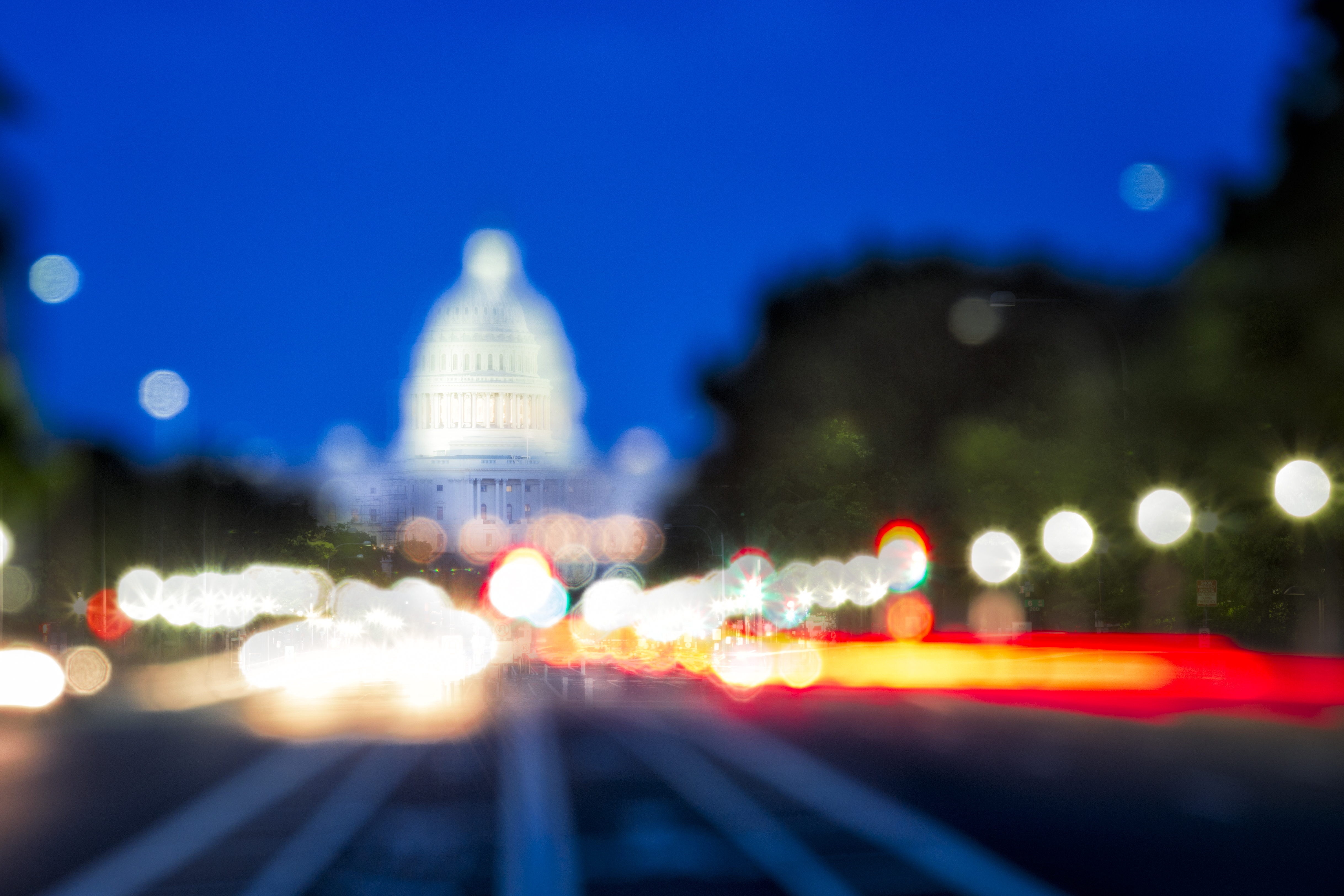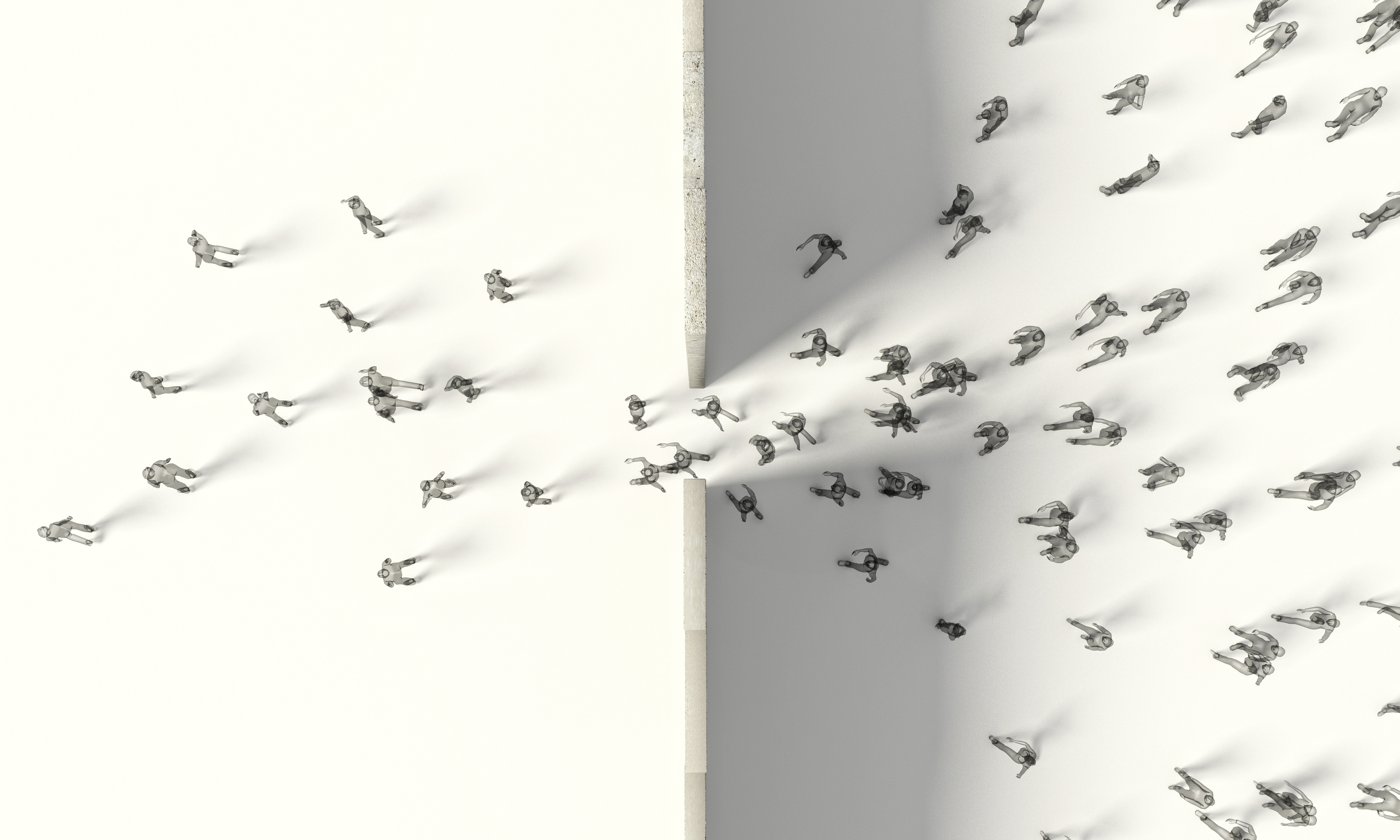
Updated on April 2, 2020.
On Friday, March 27, 2020, US Citizenship and Immigration Services (USCIS) announced that it received a sufficient number of H-1B registrations through its new electronic registration system needed to reach the annual cap, which includes registrations for both the 65,000 regular cap, as well as the 20,000 allotted US advanced degree exemption (or “master’s cap”).
USCIS states that it will notify employers no later than March 31, 2020 if any of their registrations have been selected in the lottery. The process remains as reported in our prior Mobile Workforce post, As March 20 Fast Approaches, Where Do Your H-1B Cap Cases Stand?
Continue Reading USCIS Announces H-1B FY 2021 Lottery Selection Complete, With Notification to Selected Petitioners Slated for March 31





